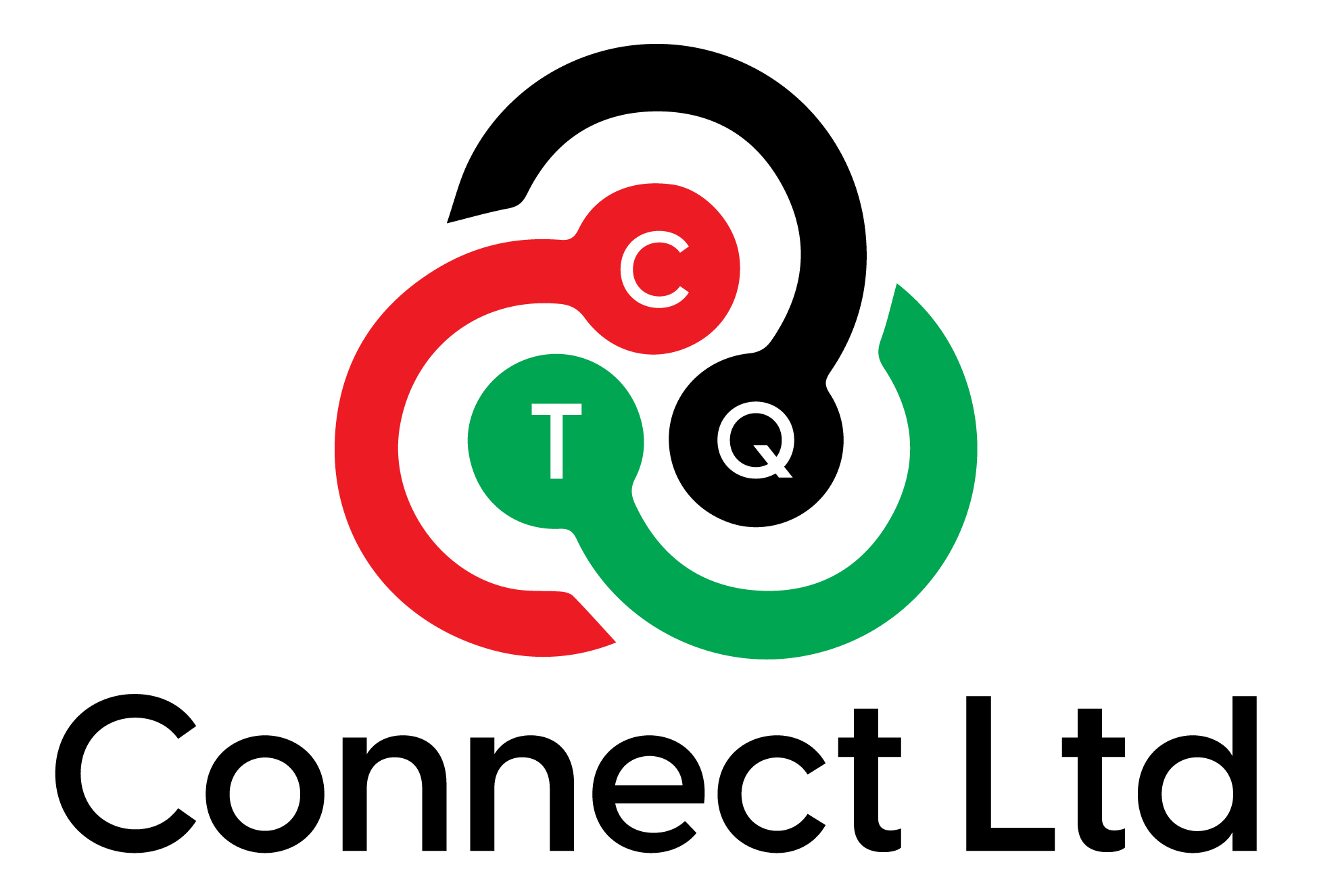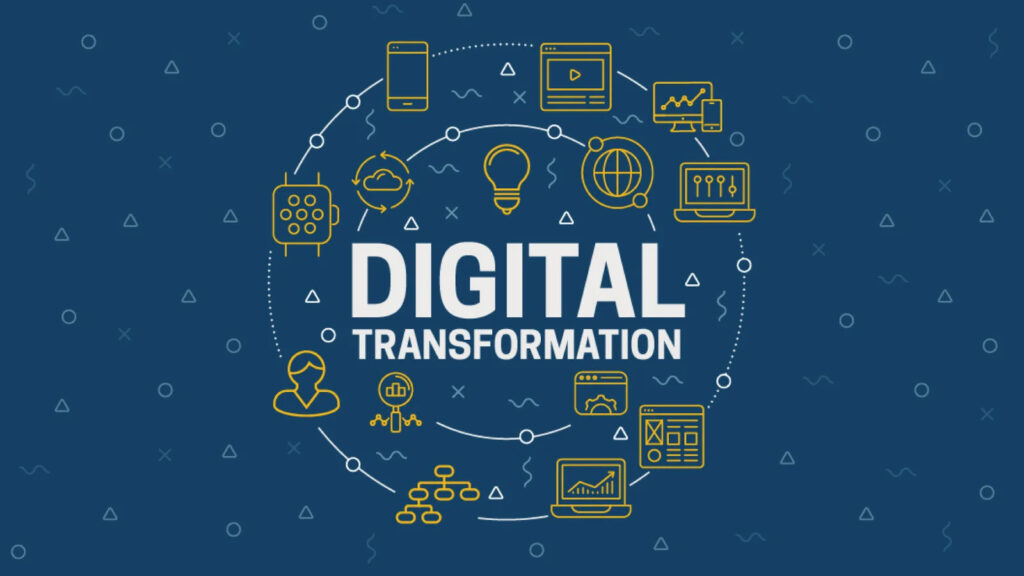In this digitally driven world, Clinging to outdated practices will probably lead to a slower pace in the business industry. Historically, Standard methods were once the cornerstone of business operations. Digital transformation was a focus for big businesses, especially those capable of adapting to advanced technology. But these days, the advantages of digital transformation are also clear and needed for SMEs. Because those traditional methods are no longer enough for this ever-advancing market, this digital shift is necessary for small businesses (SMEs).
When this transition is implemented successfully, complex processes become more efficient and simpler. It also encourages employees to work actively and utilize the business data to serve their customers better.
In this blog, we will give you a digital transformation checklist for small businesses that need to upscale their business.
So, What Exactly Is Digital Transformation for Small Businesses?
Digital transformation means utilizing digital technology to transform how businesses work at a fundamental level. Practically, it means digitizing many business models that companies perform manually. It also entails implementing cutting-edge technology like cloud computing, AI, and data analytics to help modernize everything from daily operations to how a company provides value to its clients.
Businesses are growing faster and quicker than ever. To remain competitive and relevant in the market, companies must have a strategic approach to transform their business operations, processes, and customer experiences to match the digital economy’s demands.
This integration entails integrating digital technology into business sectors until its function and operation enhance its value to the consumer. Management structures of business industries should consider ditching their former operations methods and try to change and implement new forms of business in making for a dynamic and digital shift. Small businesses can get data-driven insights, streamline resources, and offer individualized customer experience by adopting digital approaches, which leads to utmost growth.
The Major Checklist for Digital Transformation
Digital transformation is a multilayered process that includes multiple aspects of businesses. Customer experience, cultural change, data and analytics, business model transformation, and digital operations are the five core areas that any comprehensive digital transformation strategy should consider, even though specific focus areas vary based on industry and business needs.
Customer Experience
Improving CX is crucial to remain competitive. Digital technologies can be key to meeting and exceeding the evolving customer needs. Organizations must use digital tools to gain deeper insight into and serve their customers.
Below are Some Key Action Steps to Follow:
- Integrate a CRM system or Cause Marketing platform to consolidate customer data.
- Use Data Analytics to analyze and track customer behavior and preferences.
- Automate follow-ups & targeted communication to personalize the interaction.
- Actively engage in social media and respond to customer reviews.
Cultural Change
A culture is a must. A cultural change refers to a transition in the fundamental business values, beliefs, and behaviors that may define the organization’s culture. Any business industry should be prepared to actively implement these shifts, such as new technologies and digital models.
Above all, they should build an adaptable culture, promote experimentation, and value lifelong learning. In other words, employees at all levels may need to change how they communicate, think, and operate to traverse the digital terrain effectively. This may entail embracing information-driven decision-making, using agile project management practices instead of following conventional, hierarchical procedures, or depending only on instinct.
Cybersecurity
One of the most important is cybersecurity. As companies embrace digital tools and platforms, this also comes with data breaches and cyberattacks. It is necessary to have robust security measures, including firewalls, multi-factor authentication, and regular software updates. Just as communally beneficial is instructing staff members on cyber dangers ahead, such as phishing cons, and carrying out a disaster recovery plan, which will prevent civilization from being breathable and stale.
Customer Engagement and Digital Marketing
These days, strong digital marketing is almost everything you need. It helps customers engage with your brand. Therefore, small businesses should focus on creating an online presence through professional websites and active social media accounts. Strategies like search engine optimization (SEO), email campaigns, and digital advertising can help attract and retain customers. Besides this, integrating tools like AI-powered chatbots can improve customer service by offering real-time support.
Digital Operations
This process is impossible without introducing digital technologies into established business operations. Technologies that can be employed include automation, cloud computing, and the Internet of Things (IoT) to enhance effectiveness, performance, and flexibility. These technologies can automate and improve business processes such as finance, purchase and sales, employee and payroll, manufacturing, distribution and storage, customer relations, and purchasing departments. In its optimal form, an enterprise tries to make all its processes interconnected so that processes remain highly transparent and can effectively adapt to changing conditions more frequently.
Conclusion
In this fast-paced, technology-oriented market, digital transformation is not a luxury but a necessity for small businesses to survive and flourish. For small companies, adopting an all-in strategy by focusing on customer experience, driving a cultural shift, considering new models, balancing emerging data opportunities, and optimizing digital operations can provide the keys to meaningful growth and sustainable success.
This is where CTQ Connect comes in to play a critical role. CTQ Connect uses its digital integration and process optimization know-how to enable small businesses to seamlessly embark on the transformation journey. Whether integrating sophisticated CRM systems or optimizing your digital landscape, CTQ Connect weaves solutions that streamline operations, boost customer engagement, and offer you a competitive advantage. Small businesses can look toward the future with confidence that partnering with CTQ Connect means they will have the tools and strategies they need to grow sustainably in an ever-changing market.


